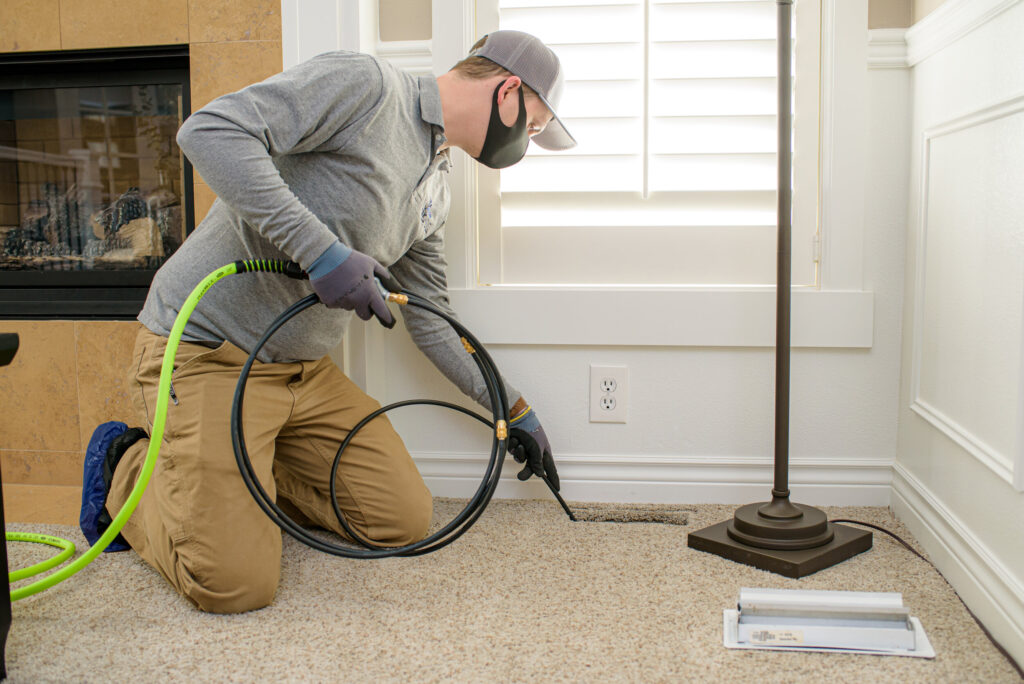Indoor Air Quality
In 2023, ensuring better indoor air quality is more important than ever, as it directly impacts your health and well-being. Poor indoor air quality can lead to respiratory issues, allergies, and other health problems. To help you breathe easier and live in a healthier environment, here are 10 tips for improving indoor air quality in 2023:
- Regularly Change Air Filters: Replace the air filters in your heating and cooling systems on schedule. Clean filters trap airborne particles and keep the air fresh. Consider upgrading to HEPA (High-Efficiency Particulate Air) filters for even better filtration.
- Ventilate Your Home: Proper ventilation is crucial. Open windows when weather permits to let in fresh outdoor air. Use exhaust fans in bathrooms and kitchens to remove humidity and pollutants. Consider installing an air exchange system for continuous fresh air.
- Control Humidity: Maintain indoor humidity levels between 30-50%. High humidity can promote mold growth, while low humidity can lead to dry air and discomfort. Use dehumidifiers or humidifiers as needed.

- Keep Your Home Clean: Regularly clean and dust your home to reduce allergens and pollutants. Pay special attention to vacuuming carpets and upholstery. Consider using a vacuum cleaner equipped with a HEPA filter.
- Remove Clutter: Minimize clutter as it can collect dust and make cleaning more challenging. Fewer items in your home means fewer places for allergens to hide.
- Go Green with Houseplants: Some houseplants can help improve indoor air quality by absorbing pollutants and releasing oxygen. Popular air-purifying plants include snake plants, spider plants, and peace lilies.
- Avoid Smoking Indoors: If you smoke, do so outside. Secondhand smoke is a significant indoor air pollutant and a health hazard for you and your family.
- Use Non-Toxic Cleaning Products: Many household cleaning products contain harmful chemicals that can release volatile organic compounds (VOCs) into the air. Choose non-toxic, eco-friendly cleaning products or make your own using natural ingredients like vinegar and baking soda.
- Address Mold and Moisture: Mold can negatively impact indoor air quality. Address any water leaks or moisture issues promptly, and clean and remove mold as soon as it appears. Use exhaust fans and dehumidifiers in damp areas.
Test for Radon Gas: Radon is a naturally occurring radioactive gas that can seep into homes through the ground. It’s odorless and colorless but is a significant health hazard. Consider testing your home for radon and take steps to mitigate it if necessary.
In addition to these tips, consider investing in an air purifier with a HEPA filter, especially if you have allergies or respiratory issues. Air purifiers can help remove airborne particles, allergens, and pollutants, further improving your indoor air quality.

